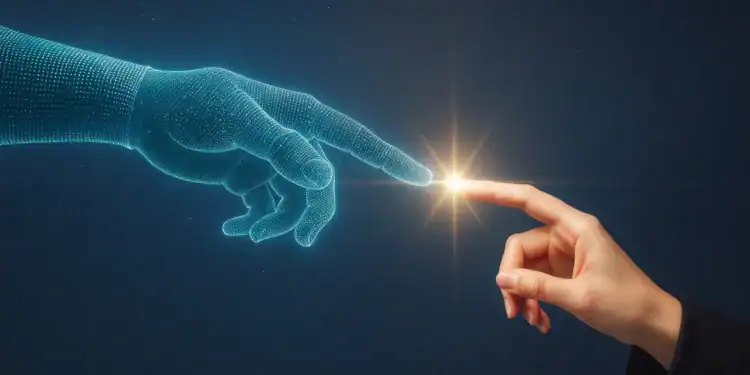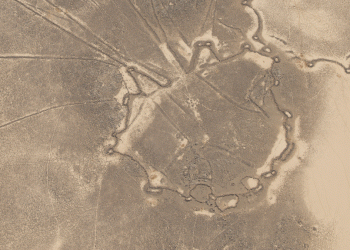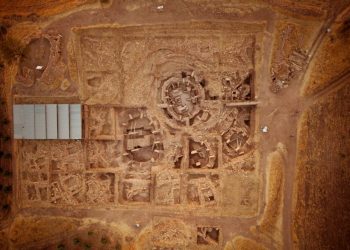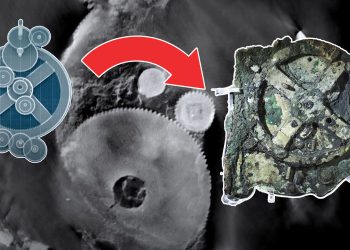In 2024, the small chapel at the Protestant church in Lucerne, Switzerland, housed the Deus in Machina installation, where visitors could sit across from an animated “AI Jesus” and pose their questions, and the machine had texts from the Bible and writings from Christian theologians at its disposal to answer their questions. Almost 900 people tried it out over the course of two months, and some found it fascinating, while others were outraged, because, according to the organizers of the project, they did not want to encourage worship, but rather curiosity, and they were exploring what happens when ancient questions of meaning meet a machine. The parish of Poznań in Poland even went a step further and installed an AI guide for questions on Catholicism, which quotes from the Bible and official Church documents, and the priest behind the project said the machine allows people to ask things that they would not dare ask a human priest.
These are small experiments, but they show how AI is already changing how people talk about theology and belief, and a new role for algorithms is emerging, because Artificial intelligence is being used in a few corners of religious life, such as a reader of scripture, where large language models can read religious texts at a scale no human can, comparing translations and tracking patterns across centuries of commentary. Researchers are also testing how well these systems can answer questions about doctrine and ethics, but the results are mixed, because they can synthesize information quickly, but they tend to lose nuance or introduce bias, and some critics say they confuse guidance and automation. AI is also being used as a listener, as some communities are testing AI chat companions for daily reflections, prayers, or emotional support, which offer privacy and 24/7 availability that people can’t always provide, however, some critics argue that they lack the human touch.
As the source of belief itself, a handful of people have argued that AI could be worshipped as a god, because, in 2017, engineer Anthony Levandowski started a short-lived organization called Way of the Future, with the aim of preparing for a world where superintelligent machines have surpassed human intelligence, although the group never attracted more than a handful of followers, but the idea remains in the corners of the net, that intelligence, even artificial, could one day be revered as a divine force.
Moral philosophy and theology
Moreover, religious ethicists are taking up positions in AI labs, arguing that centuries of moral philosophy and theology can inform how we design intelligent systems, and at Oxford, the Collaboration on Theology and Artificial Intelligence is exploring how faith traditions understand concepts of autonomy, responsibility, and conscience, which dovetail with debates over machine decision-making.
When faith meets data, some of these problems will not be solved by better code, because bias is one of the issues, as these models learn from human language, which means they pick up our prejudices and blind spots, and a system trained to talk about religion will repeat not just the sacred texts, but the cultural biases woven through them. Agency is another problem, because a machine can recite scripture, but it cannot pray, doubt, or feel remorse, and it lacks what many people of faith would call the heart of moral experience, as some theologians have put it, AI may talk about God, but it can’t talk to God. Furthermore, there’s the danger of reduction, because boiling faith down to data points and algorithms strips the communal and emotional richness that is essential to most religious traditions, such as rituals, silence, and shared space, which are all fundamental aspects of most religions, and no chatbot can replace them.
The psychological effects are complex, too, because a study published by the University of Chicago’s Booth School of Business found that reading about the capabilities of AI slightly decreased people’s reported belief in God, while another study, published by Duke University, found that thinking about God made people more likely to trust recommendations from AI, and the relationship between divine and machine authority appears to be a two-way street. Consequently, AI isn’t going to replace religion, but it’s going to change how we practice it, and it’s going to change how we interpret it, because, for some, AI is a new kind of mirror, reflecting our hopes, fears, and contradictions in sharp relief, while for others, it’s a threat to the authenticity of our belief. Therefore, the real test is how our communities choose to use it, as a tool for inquiry, or as a stand-in for faith, because the machines can help us organize our texts, translate our scripture, spark us to reflection, but the heart of religion, the experience of wonder, doubt, and relationship, is something only humans can offer, and as the machines grow more capable, those lines are going to matter even more. Ultimately, the future of faith may not depend on whether the machines can find God, but it depends on whether the humans remember why they started searching.











